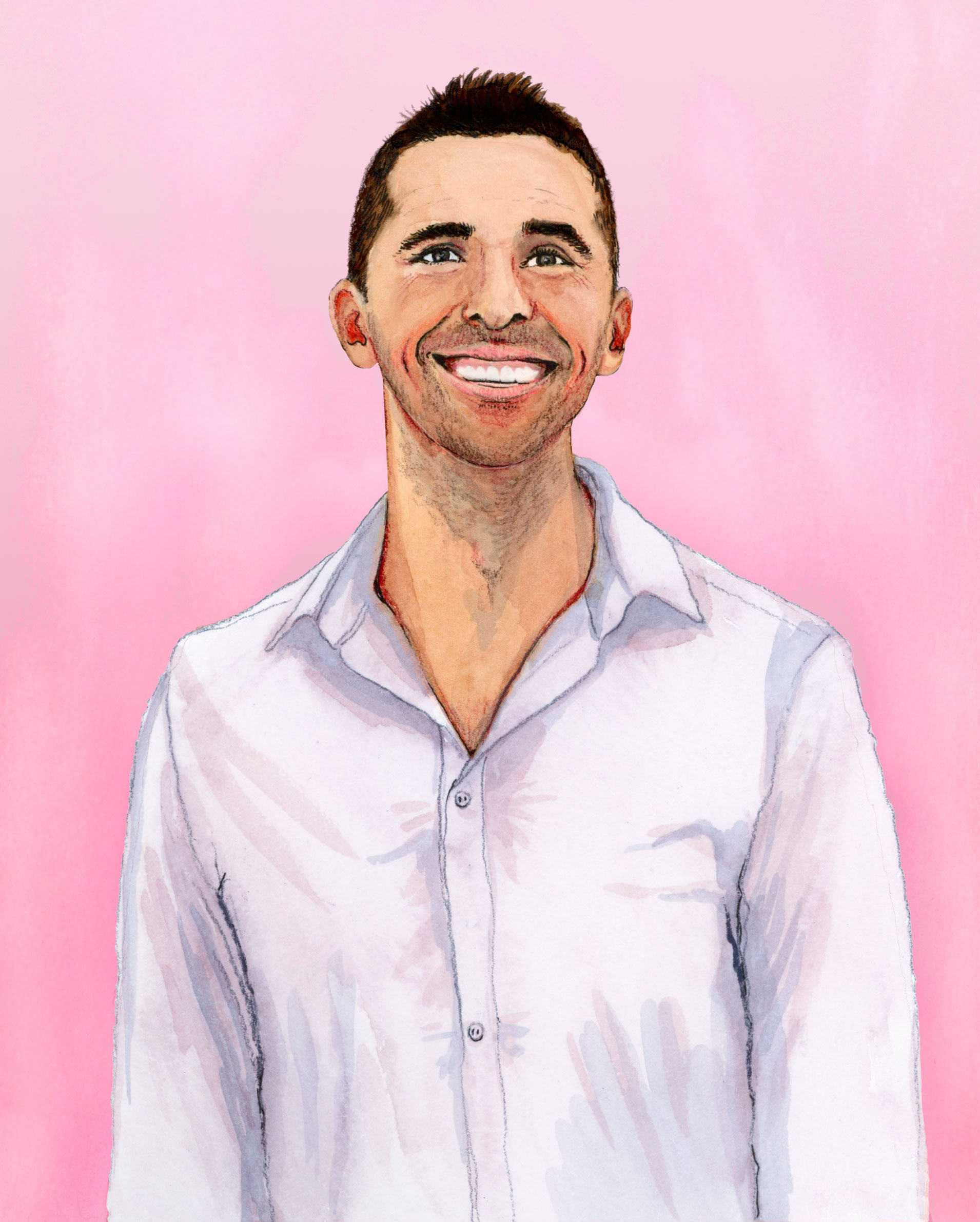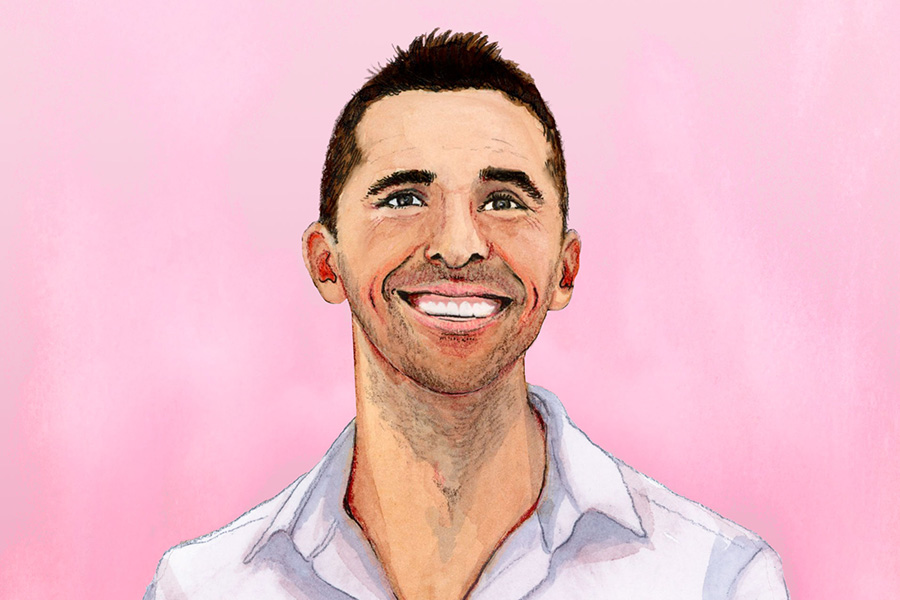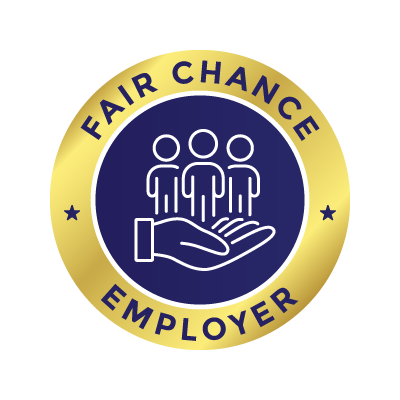John Jackson grew up in San Antonio, Texas, with an entrepreneurial spirit, inspired by his aunt, a woman he deeply admired. However, her influence was a double-edged sword. At just 17, John took a drug charge for his aunt, a decision that marked his first brush with the criminal justice system. Praised for his loyalty and sacrifice for her, John felt a misguided sense of pride in his actions, and this event paved the way for a criminal lifestyle that would lead to years of incarceration.
Despite a challenging start, John’s story is one of transformation, resilience, and a commitment to creating change. His journey from a supermax prison to becoming an advocate for justice-impacted people illustrates the profound power of personal growth and redemption. From incarceration at the Pelican Bay State Prison to helping others rewrite their stories, John’s life is a testament to the fact that it’s never too late to begin again.
about john
John’s childhood was marked by instability and loss. At age 11, he discovered his mother’s car parked on the side of the road, only to find it was the scene of her murder. This traumatic event uprooted his life, and he went to live with his aunt. Though she taught him grit and determination, her life of dealing drugs exposed John to a dangerous lifestyle and a series of choices that led him into the criminal justice system.
By age 17, John made a decision that would alter the course of his life forever. He took the blame for drugs found in his aunt’s car, believing he was making a brave and tough choice to protect his family. Instead of questioning the morality of the situation, he embraced the praise his aunt gave him for his loyalty. This moment was the start of a criminal lifestyle that rapidly escalated. Before his 18th birthday, John had committed multiple armed robberies and violent felonies, setting in motion a cycle of events, culminating in his incarceration at Pelican Bay State Prison, one of California’s most notorious supermax facilities.
The Turning Point
John’s turning point came after nearly four years in solitary confinement. On the eve of his 33rd birthday, he found himself starting another sentence for crimes committed while incarcerated. Instead of joining the prison yard activities that day, John stayed in his cell. For the first time, he allowed himself to cry, confronting the deep fear and longing he had suppressed for years. This vulnerability was transformative. For the first time, John admitted to himself that he didn’t want to die in prison.
“I was more afraid of dying in prison than anything they could do to me,” John recalls. This realization prompted John to make a life-altering decision: he chose to leave his gang. Despite the risks of retaliation, he resolved to carve a new path. Surprisingly, his gang leaders, while initially skeptical, came to respect his decision. One of them—a man who was first arrested at the age of four, and who had spent over three decades in solitary confinement—acknowledged John’s intelligence and potential, and gave the directive to the rest of the gang to allow John to leave. This rare and unexpected encouragement became a catalyst for John’s journey toward change.
Discovering Purpose
John’s journey of growth accelerated when he learned about Defy Ventures, an organization dedicated to bringing entrepreneurial training to incarcerated individuals. For the first time, John began to see his value. The program emphasized the transferable skills that people like John had developed through their lived experiences—strategic thinking, leadership, and resilience—and showed him how these qualities could be used to build a better future.
Graduating from the program was just the beginning. John later became a peer facilitator, mentoring others in the program and helping them craft resumes and business plans. What had once been a network for illegal activities transformed into a network of support and innovation. John realized that by helping others envision a better future, he was also creating one for himself.

A New Chapter
In 2019, after 18 years of incarceration, John was finally released. However, his transition to freedom was far from smooth. A clerical error led to a five-day trauma of being shackled to a chair and nearly re-incarcerated for an additional 4 years. Ultimately, his release was secured, but the experience underscored the systemic challenges that many justice-impacted individuals face. It also deepened John’s commitment to creating change, not just for himself, but for others navigating similar barriers.
Today, John is the Executive Director of Defy Ventures in Utah, where he leads programs that teach incarcerated individuals how to channel their experiences into entrepreneurial success. He guides participants through skills such as resume-building, business ideation, and developing narratives about their pasts. By helping others find their voice, John has found his own purpose.
“I use my story to show people that their past does not define them,” John says. “We’re not statistics—we’re potential.”
Continuing the Mission
John’s commitment to breaking the cycle of incarceration goes beyond his professional life. He uses his lived experience as a tool to challenge stereotypes and educate others about the barriers justice-involved people face. He is an advocate for fair chance hiring practices and affordable housing, emphasizing that those with criminal records are often some of the most dependable employees and tenants.
For John, purpose means more than personal success. It’s about empowering others to see their worth and advocating for a justice system that values rehabilitation over punishment. His work continues to ripple through the lives of those he mentors, proving that transformation is possible—even for those who once believed they were beyond redemption.
What are you waiting for?
It’s time to leave the past behind. Use our tool to quickly check if you have records that are eligible for expungement today!
Find out if you’re eligible in under 3 minutes.
This story is part of our #1in3 campaign, a project to end the stigma and raise awareness of how common it is to have a criminal record.
1 in 3 Americans has a criminal record, which is a lot more common than people think. No one expects to be involved in the justice system, but it can happen to anyone. People of all ages, backgrounds, genders, and income-levels are involved in the justice system. Their pathways vary, but the barriers of a record affect them all. Our hope is that by sharing their portraits and telling their stories, we can change the way people think about people with records and appreciate them for all they have overcome.




